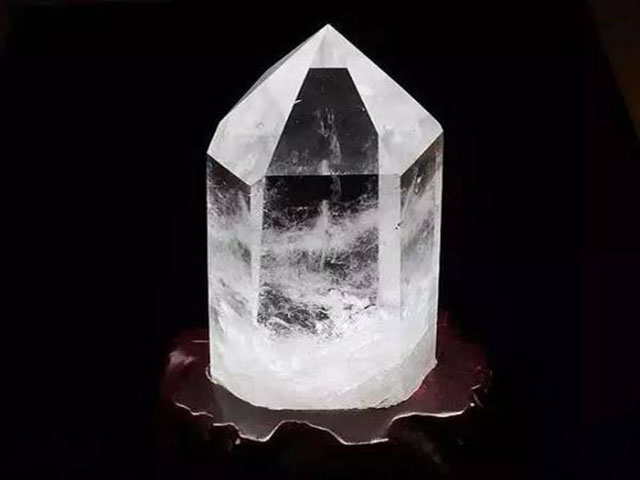Lithostone and Caesarstone are two popular materials used for countertops and other surfaces in homes and commercial buildings. Both materials have their own unique characteristics and offer various advantages, making it difficult to choose between them. In this post, we will compare Lithostone and Caesarstone to help you make an informed decision.
Definition of Lithostone and Caesarstone
Lithostone is a type of natural stone that is quarried from the earth. It is a solid, dense material that is cut into slabs and polished to create countertops and other surfaces. Lithostone is available in a variety of colors and patterns and is known for its natural look and feel.
Caesarstone, on the other hand, is a brand of engineered quartz that is made from a mixture of natural quartz, resin, and pigments. Unlike natural stone, Caesarstone is manufactured in a controlled environment, making it consistent in pattern and color. Caesarstone is known for its durability, low maintenance, and resistance to heat, scratches, and stains.
The purpose of this post is to compare Lithostone and Caesarstone to help you make an informed decision when choosing a material for your countertops or other surfaces. We will compare the physical characteristics, performance features, and cost of each material. We will also discuss the advantages and disadvantages of each material so you can determine which one is the best choice for your needs.
Comparison of Lithostone and Caesarstone
Physical Characteristics
Color
Lithostone is a natural product and is available in a wide range of colors, from light to dark. This means that you have many options to choose from when it comes to color. However, since each piece of Lithostone is unique, you may need to purchase more than one slab to get the desired color and pattern for your surface.
Caesarstone, on the other hand, is manufactured in a controlled environment, which means that the color and pattern are consistent. This makes it easy to find the right color and pattern for your surface. Additionally, Caesarstone is available in a wider range of colors and patterns than Lithostone, giving you even more options to choose from.
Pattern
Lithostone is known for its natural look and feel. The pattern of each piece of Lithostone is unique, making each surface one-of-a-kind. This can be an advantage if you want a natural look and feel in your home.
Caesarstone, as a man-made product, has a consistent pattern that does not vary from piece to piece. This can be an advantage if you want a consistent look and feel in your home. However, some people may find the consistent pattern to be less interesting than the natural pattern of Lithostone.
Durability
Lithostone is a dense and solid material that is resistant to scratches and other forms of damage. However, it is also more porous than Caesarstone, making it more susceptible to staining. To avoid staining, you will need to seal your Lithostone surface regularly.
Caesarstone, as an engineered product, is non-porous, making it resistant to staining. Additionally, it is resistant to scratches and other forms of damage, making it a durable choice for countertops and other surfaces.
Performance Features
Caesarstone is non-porous and therefore resistant to staining. It is also resistant to heat and scratches, making it a durable choice for countertops and other surfaces.
Maintenance Requirements
Lithostone requires regular sealing to maintain its appearance and resist staining. It also requires regular cleaning to prevent buildup of dirt and grime.
Caesarstone requires minimal maintenance, making it an easy-to-care-for choice for countertops and other surfaces. Simply wipe it down with soap and water to keep it clean.
Longevity
Lithostone is a durable material that can last for many years if it is well maintained. However, since it is a natural stone, it may be more susceptible to damage over time.
Caesarstone is a man-made product that is engineered for durability. It is resistant to scratches, heat, and staining, making it a long-lasting choice for countertops and other surfaces.
Cost Comparison
Lithostone can be more expensive than Caesarstone, due to its unique look and feel, and the cost of quarrying and processing the natural stone.
Caesarstone is more affordable than Lithostone, as it is manufactured in a controlled environment, making it less expensive to produce.
Advantages of Lithostone
Natural look and feel: Lithostone has a natural look and feel that is difficult to replicate with man-made materials.
Versatile design options: Lithostone is available in a wide range of colors and patterns, making it a versatile choice for countertops and other surfaces.
Eco-friendly production process: Lithostone is a natural stone that is quarried from the earth, making it an eco-friendly choice for countertops and other surfaces.
Advantages of Caesarstone
Consistent pattern and color: Caesarstone is manufactured in a controlled environment, making its pattern and color consistent. This can be an advantage if you want a consistent look and feel in your home.
Durable and low-maintenance: Caesarstone is resistant to heat, scratches, and staining, making it a durable choice for countertops and other surfaces. Additionally, it requires minimal maintenance, making it an easy-to-care-for choice.
Affordable: Caesarstone is more affordable than Lithostone, as it is manufactured in a controlled environment, making it less expensive to produce.
Conclusion
Lithostone and Caesarstone are both popular options for countertops and other surfaces. Each has its own unique advantages and disadvantages.
Lithostone has a natural look and feel, a versatile range of colors and patterns, and an eco-friendly production process. However, it requires regular maintenance and can be more expensive than Caesarstone.
Caesarstone is consistent in pattern and color, durable, low-maintenance, and more affordable than Lithostone.
When deciding between Lithostone and Caesarstone, it’s important to consider your personal style and the specific needs of your home. Consider factors such as cost, maintenance requirements, and the look and feel you want for your countertops and other surfaces.
Ultimately, both Lithostone and Caesarstone are great options for countertops and other surfaces, and the choice between the two will come down to personal preference and specific needs. Whether you choose Lithostone for its natural look and feel or Caesarstone for its durability and affordability, you are sure to love your new countertops for years to come.




